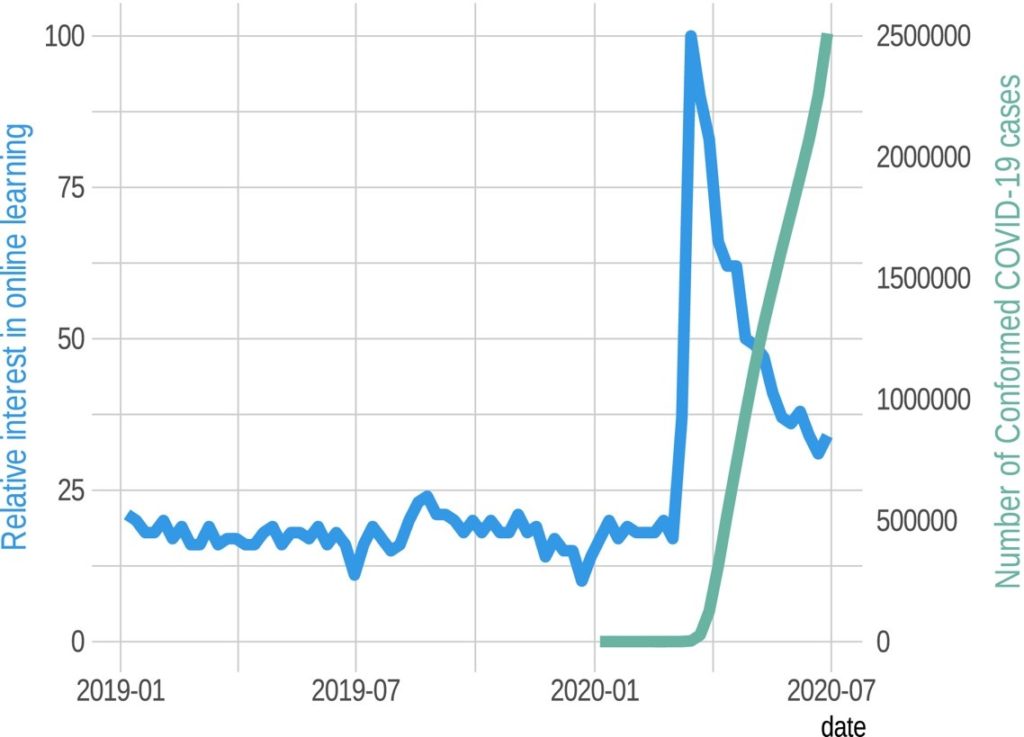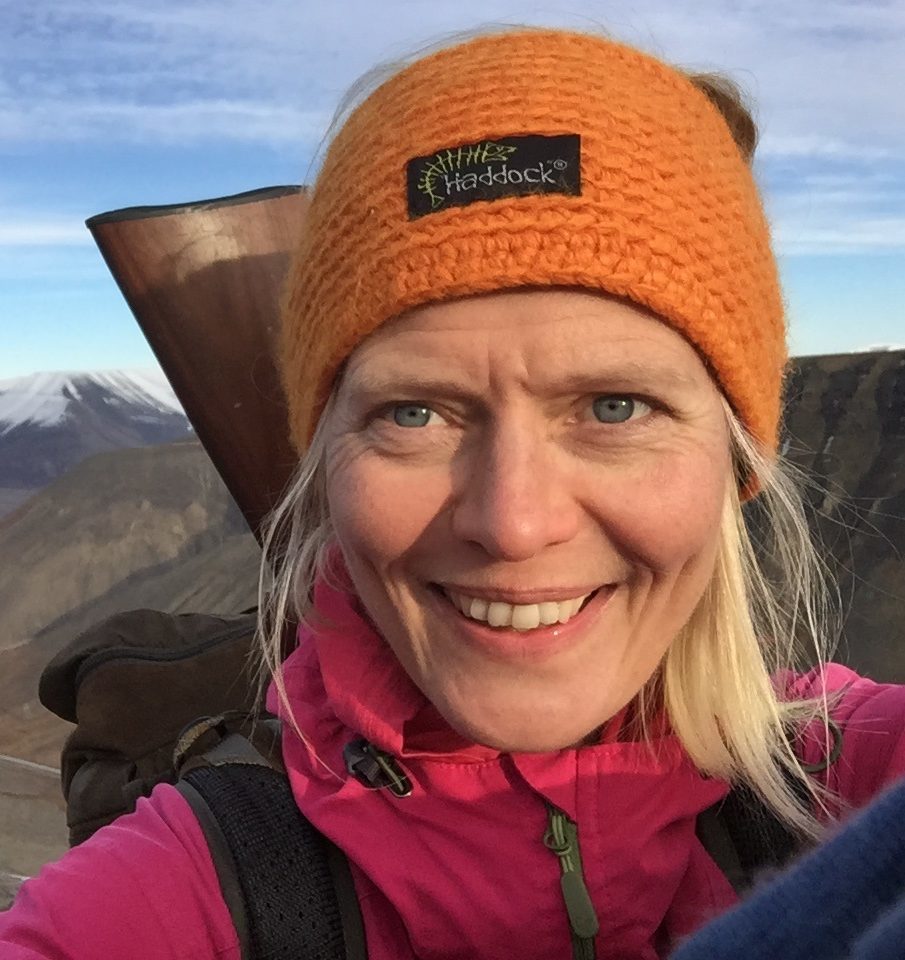A Special Issue for Extraordinary Times: Taking Learning Online in Ecology and Evolution
This pandemic has focused the energies of many educators in ecology and evolutionary biology disciplines on a central question: how do we safely, effectively, and equitably adapt the way we teach, learn, and collaborate during this crisis? The editors at Ecology and Evolution responded by providing a forum for us to respond to this question, by sharing—among other things—our modified curricula, strategies for remote instruction, and best practices for online collaboration. I was part of a three-person team of Associate Editors tasked with managing the submissions to this Special Issue: Taking Learning Online in Ecology and Evolution.
The response from the community was overwhelmingly positive, with over 50 manuscripts submitted to the initial call for contributions. In the first installment (released last month), articles addressed how the pandemic affected students and instructors (e.g., Barton 2020), ideas for citizens science projects that could be conducted remotely (e.g., Smith and Hamed 2020), ways to teach evolution using the biology of Covid itself (e.g., Hsu 2020), guidelines, insights, and instructions to safely maintain experiential or active learning or teach topics not well-suited to online delivery (e.g., Acevedo 2020, Hines et al. 2020, Lashley and McCleery 2020, Creech and Shriner 2020, Richter et al. 2020, Thompson et al. 2020), strategies to be more inclusive in online delivery (e.g., Brandt et al. 2020), ideas for the use of tools, apps, and novel media to enhance engagement (e.g., Holt et al. 2020, Strickland et al. 2020), and suggestions for more effective online conferences (e.g., Lortie 2020). There were also several BioCEED-affiliated contributions:
- In Next‐generation field courses: Integrating Open Science and online learning, Sonya Geange, Aud Halbritter, Ragnhild Gya, Sehoya Cotner, Richard Telford, and Vigdis Vandvik—along with several international collaborators—describe how field courses could be reimagined to better integrate training in Open Science practices.
- In Leveraging public data to offer online inquiry opportunities, Seth Thompson and colleagues at the University of Minnesota share lessons learned while teaching a data-driven course‐based research experience in global change ecology. Specifically, this experience leverages publicly available datasets to engage students, learning remotely, in broadly relevant scientific inquiry.
- In Scientist Spotlights: Online assignments to promote inclusion in Ecology and Evolution, my collaborators and I document how a simple online assignment can help students—from multiple axes of diversity—see themselves as future scientists.
- In our editorial (How the ecology and evolution of the COVID‐19 pandemic changed learning) introducing the first of what has become a two-part Special Issue, Miguel Acevedo, Marcus Lashley, Christopher Lortie and I make the case that these are unique times, possibly best encapsulated by google-search analytics.
The second part of the Special Issue will feature work by Ragnhild Gya, Anne Bjune, and other BioCEED colleagues. Stay tuned!

This figure, from Lashley et al (2020), shows how interest in online learning, measured as relative number Google searches for “online learning” beginning January 2019 through June 30 2020 in the USA, increased exponentially in parallel to the cumulative number of confirmed COVID‐19 infections (with a sharp decline at the end of the standard academic year).

This figure, from Geange et al. 2020, encapsulates the authors’ vision for broadening learning outcomes from field courses through Open Science and online resources. Want to learn more? Read the article here!




1 Response
[…] I have previously discussed, I was part of a three-person team of Associate Editors tasked with managing the submissions to […]